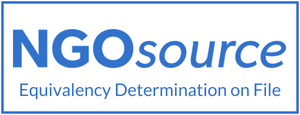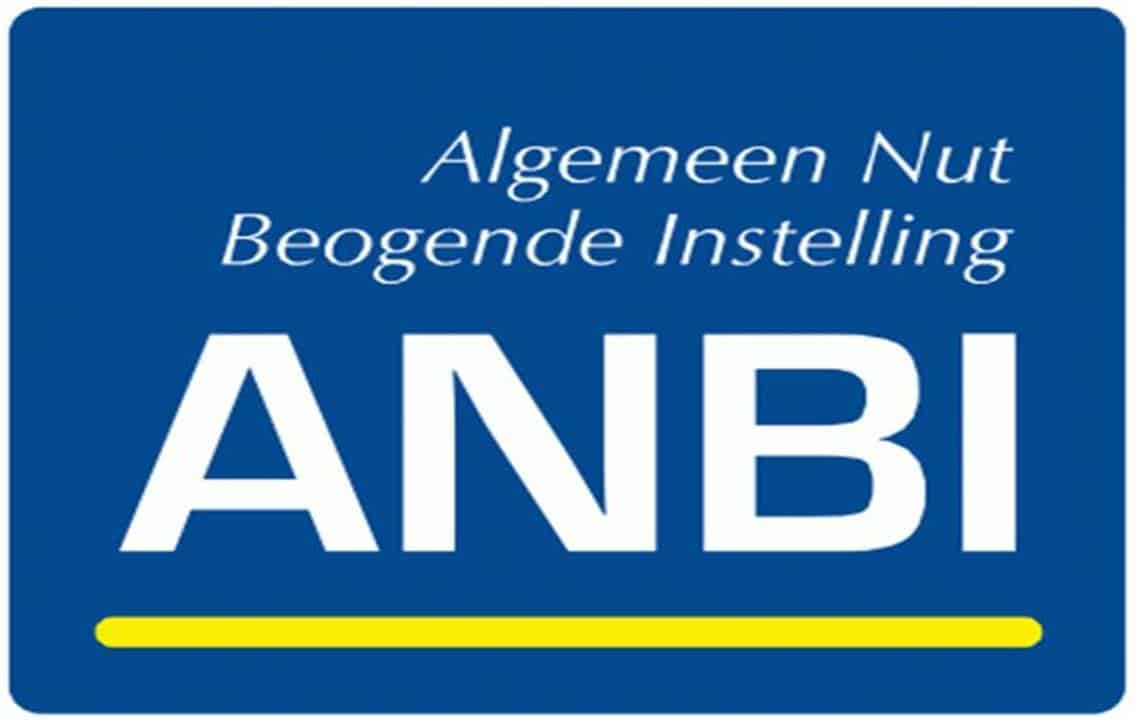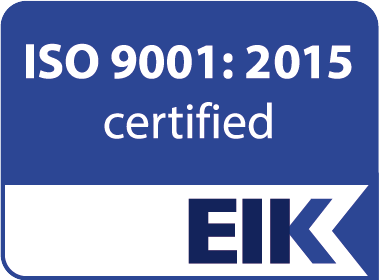There is a growing empirical evidence base of the financial exclusion of civil society organizations
(CSOs), also known as bank derisking, driven largely by counterterrorism and, more specifically, by
countering the financing of terrorism (CFT) rules and regulations. And Tunisia is no exception. Our
research reveals that 44% of those surveyed have experienced bank derisking in some form or fashion,
whether that was in terms of facing burdensome requests for additional documentation (61%),
problems opening a bank account (50%), delays in bank transfers (29%) or a significant increase in
banking fees (29%).This, in turn, not only impedes charitable activity but also causes money to be driven
outside of the formal banking sector, thus only increasing terrorism financing risk.
This report discusses the background to and the drivers behind these restrictions, situating them in the
counterterrorism architecture, before going on to detail the Tunisian context in terms of CSOs and their
operational environment, given the national and supra-national regulatory context. The findings of the
survey are then laid out in detail and conclusions drawn. The report ends with a series of
recommendations for the multiple stakeholders involved in the issue: government, regulators, financial
institutions, donors and CSOs.




